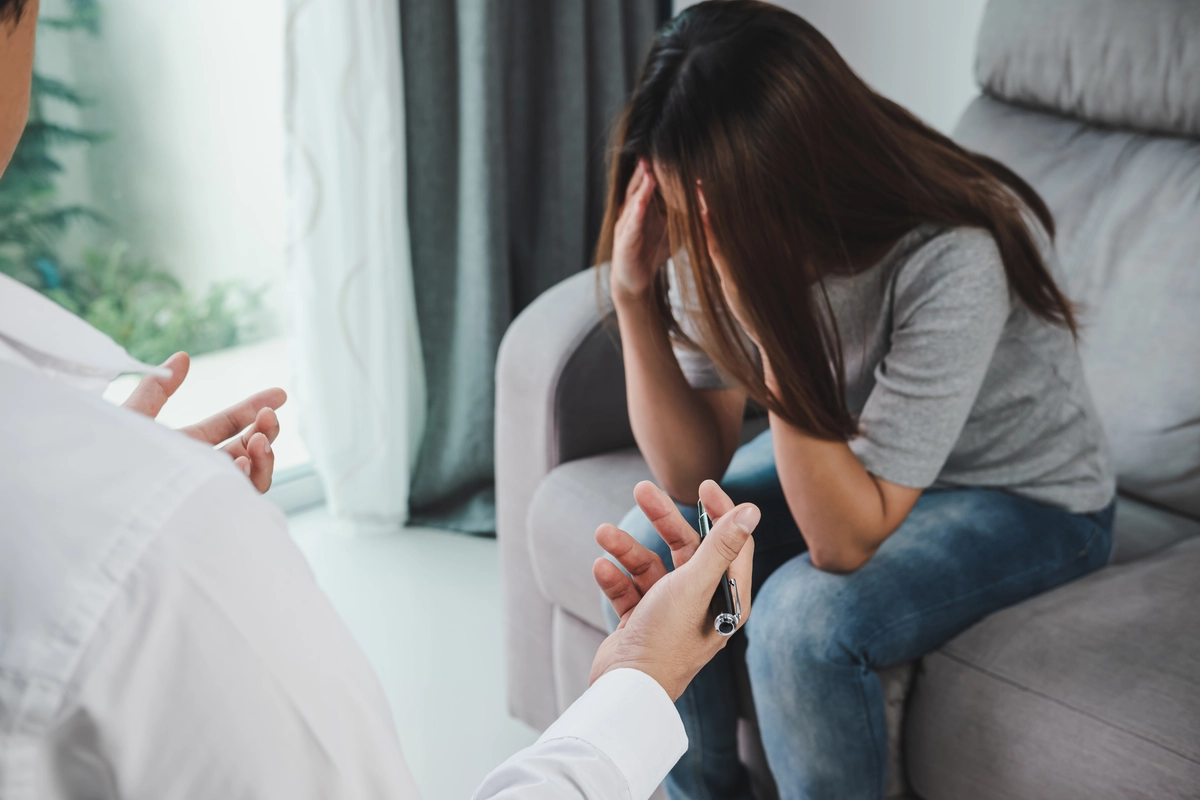24/7 Helpline:
(866) 899-221924/7 Helpline:
(866) 899-2219
Learn more about Eating Disorder Treatment centers in Newport News
Eating Disorder Treatment in Other Cities

Other Insurance Options

Optum

Covered California

Cigna

Molina Healthcare

BHS | Behavioral Health Systems

Multiplan

AllWell

Medical Mutual of Ohio

Holman Group

BlueCross

UMR

United Health Care

Absolute Total Care

Regence

ComPsych

Health Partners

Highmark

Providence

WellPoint

Group Health Incorporated

Hampton Newport News – South Eastern Families
Hampton Newport News – South Eastern Families is a non-profit rehab located in Newport News, Virgini...

American Addiction Treatment Center
American Addiction Treatment Center is a private rehab located in Newport News, Virginia. American A...

Right Path
Right Path is an outpatient treatment center that couples medication with counseling and support. Ri...

Newport News Behavioral Health
Newport News Behavioral Health is a private rehab located in Newport News, Virginia. Newport News Be...













Chessen and Associates
Chessen and Associates is a private rehab located in Newport News, Virginia. Chessen and Associates ...

Hampton Roads Clinic – Opioid Treatment
Hampton Roads Clinic – Opioid Treatment is a public rehab located in Newport News, Virginia. Hampton...






